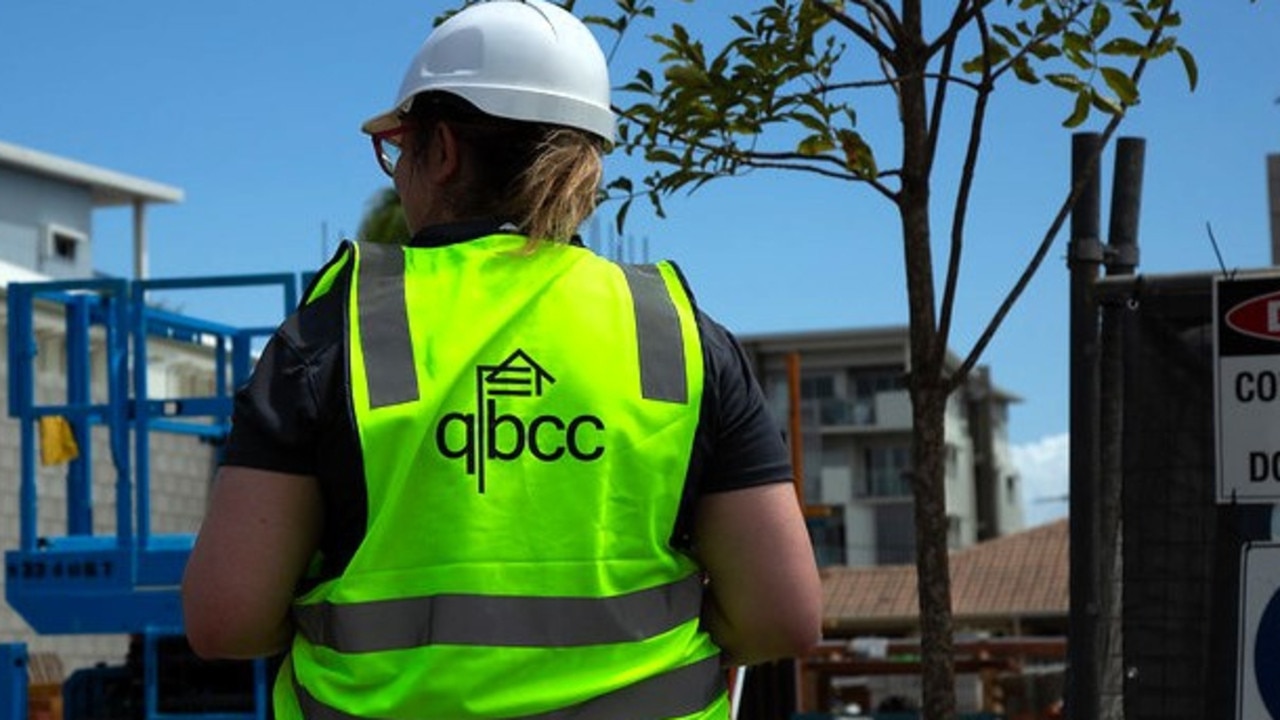Is Josh Frydenberg’s budget easier to balance than your household’s?
The pre-election budget will be a juggling act between acting responsibly and easing cost-of-living pain. Households can adopt the same strategy.

When Treasurer Josh Frydenberg hands down the federal budget on Tuesday night, he’ll be dealing with some pretty scary numbers.
There’s national debt of hundreds of billions of dollars and rising, population pressures on the health, tax and aged care systems, and demands for extra spending coming from everywhere.
But I reckon his job may still be easier than the budget-balancing challenge facing many Aussie households this year.
Our cost of living is soaring while wages growth is weak. Petrol and diesel prices are up more than 50 per cent in a year, and we’re seeing surging prices for groceries, child care, health, education, insurance and probably home loans in a few months.
And, unlike the federal government, the average Australian doesn’t have the ability to tap into unlimited taxpayer income. Of course, the feds don’t want to raise taxes, but they can if things get really tough.
If the government stuffs up the budget, they can get voted out.
But if an individual fails to balance their income and expenses, they can lose their home, other assets, and potentially relationships.
Fortunately, there are several ways to stop household finances from sinking as inflation rises.
PETROL SAVINGS
Some households are already paying an extra $50 a week for fuel. It may be time to rethink how much you drive, consider car pooling or public transport, even think about walking more or riding a bike.
Use fuel price apps and trying to time the petrol cycles – even when it’s about $2 a litre you can still save up to 30c by timing your purchases.

HOME LOAN SAVINGS
Economists are tipping the Reserve Bank of Australia will increase interest rates mid-year as the inflation surge looks set to linger.
The RBA uses interest rates as a tool to control inflation, and will consider raising rates when inflation goes above 3 per cent. Some economists expect inflation to hang around 5 per cent this year.
If you’ve got a variable-rate mortgage there are things you can do.
Shop around for a better deal on financial comparison websites, speak with a mortgage broker, phone your bank and ask for a rate cut in return for your loyalty, and consider consolidating personal debts such as credit cards into the mortgage to save a small fortune on interest.
GROCERY SAVINGS
We can’t change the impact of soaring commodity prices and global supply squeezes on the prices we pay at supermarkets. Not even the supermarkets can do this.
But we can minimise overspending on groceries by shopping with a list, actively seeking specials, understanding unit pricing’s role in helping you find value, and buying fresh food that’s local and in season to avoid higher transport costs.
LINE BY LINE
Go through your recent bank and credit card transactions to spot potential areas of saving.
In today’s e-commerce world, it’s easy to continue spending money on goods and services we don’t need, but it’s also easy to cancel it.
INCOME BOOST
The other side of balancing a budget comes from increasing income. You may not have income tax revenue to prop up your household, but you do have the ability to generate extra money.
Unemployment is low and many industries are crying out for part-time workers, and it’s easier than ever to start a side hustle to make more cash from personal services or online businesses.
Originally published as Is Josh Frydenberg’s budget easier to balance than your household’s?





